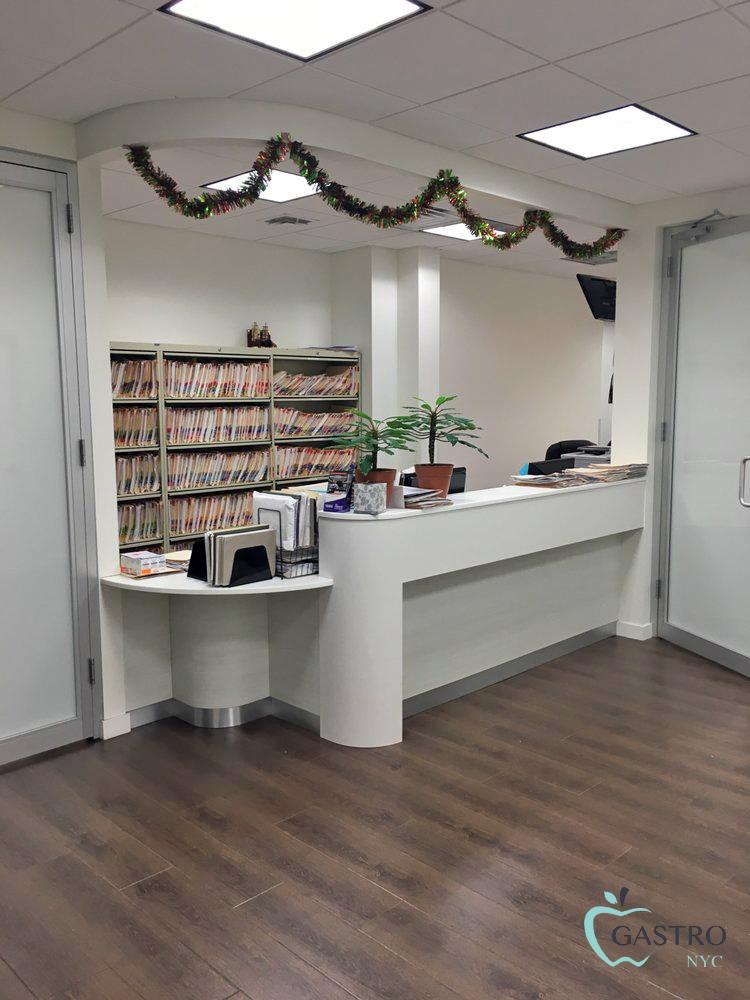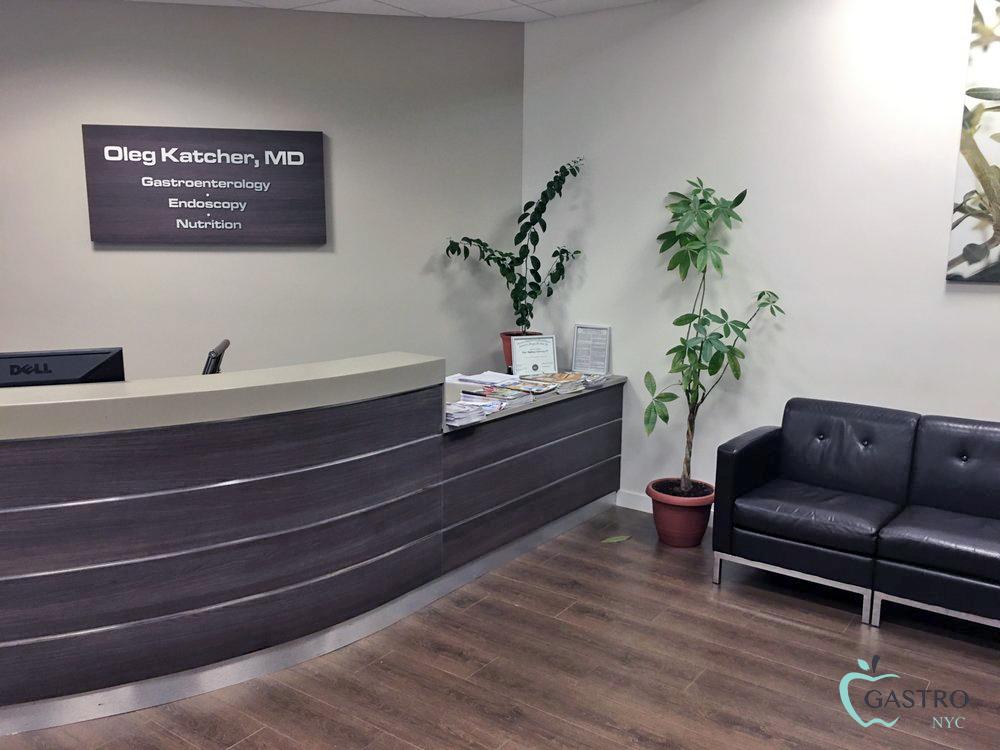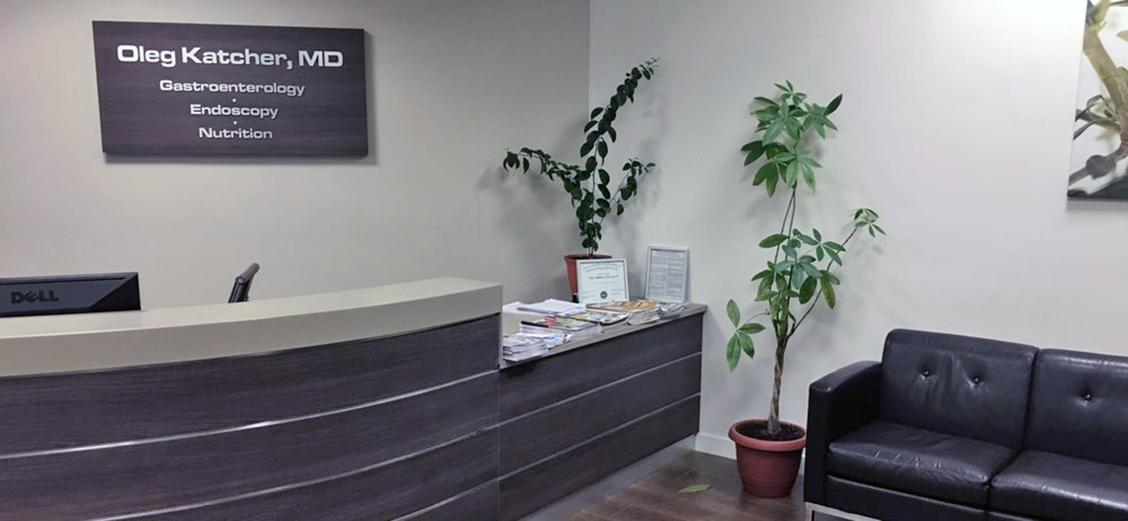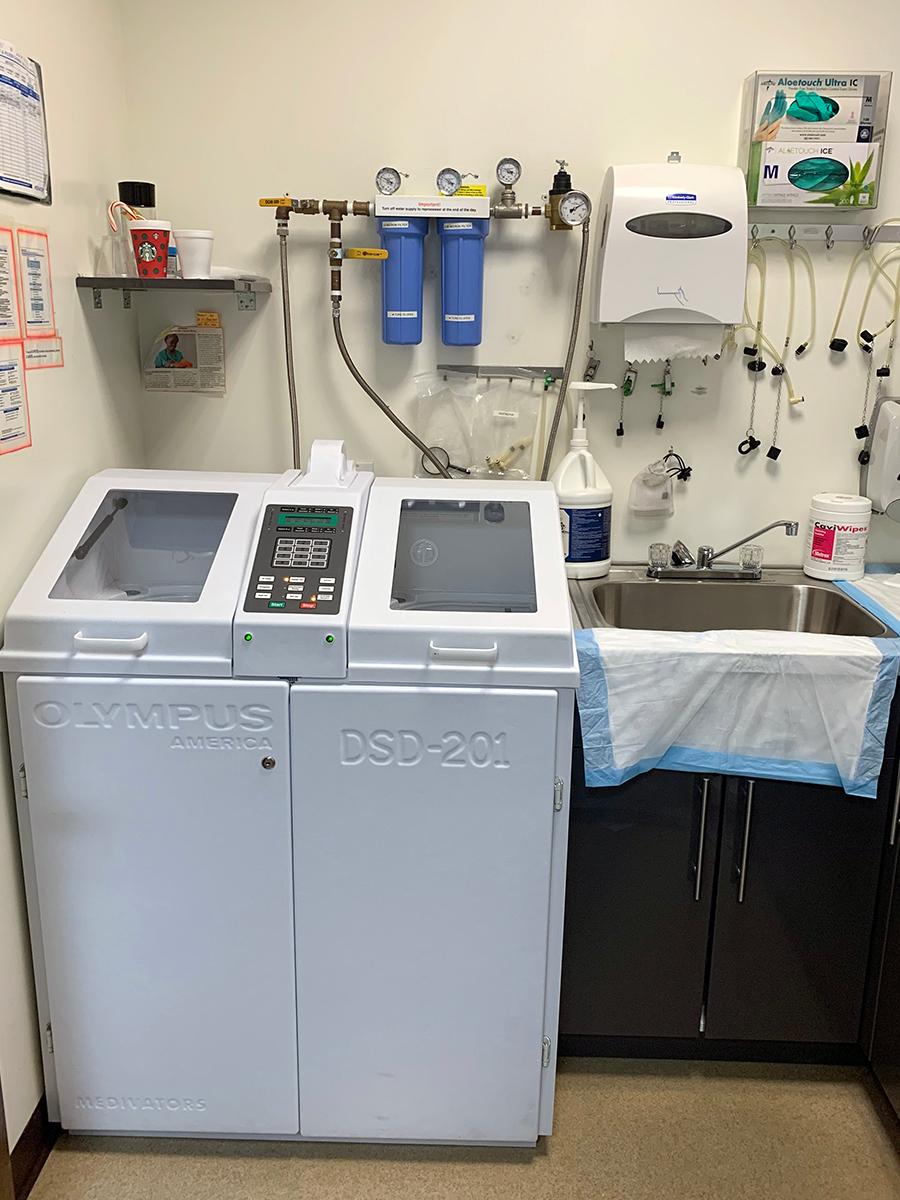If our Brooklyn location is not ideal for you we have a secondary location in Staten Island open for procedures and appointments on Wednesdays. It is located at 1326 Clove Rd, Staten Island, NY 10301. If you have any questions or would like to book an appointment please let us know by calling us at (718)-360-5953 Monday - Friday, 9-5.
Hemorrhoids and what to do about them. In one sense, everyone has hemorrhoids (or piles), the pillow-like clusters of veins that lie just beneath the mucous membranes lining the lowest part of the rectum and the anus. The condition most of us call hemorrhoids (or piles) develops when those veins become swollen and distended, like varicose veins in the legs. Because the blood vessels involved must continually battle gravity to get blood back up to the heart, some people believe hemorrhoids are part of the price we pay for being upright creatures.
There are two kinds of hemorrhoids: internal hemorrhoids, which occur in the lower rectum, and external hemorrhoids, which develop under the skin around the anus. External hemorrhoids are the most uncomfortable, because the overlying skin becomes irritated and erodes. If a blood clot forms inside an external hemorrhoid, the pain can be sudden and severe. You might feel or see a lump around the anus. The clot usually dissolves, leaving excess skin (a skin tag), which may itch or become irritated.
READ MORE https://bit.ly/2UAbj4Z
Endoscopy: What to know
"Endoscopy is the insertion of a long, thin tube directly into the body to observe an internal organ or tissue in detail. It can also be used to carry out other tasks including imaging and minor surgery.
Endoscopes are minimally invasive and can be inserted into the openings of the body such as the mouth or anus.
Alternatively, they can be inserted into small incisions, for instance, in the knee or abdomen. Surgery completed through a small incision and assisted with special instruments, such as the endoscope, is called keyhole surgery.
Because modern endoscopy has relatively few risks, delivers detailed images, and is quick to carry out, it has proven incredibly useful in many areas of medicine. Today, tens of millions of endoscopies are carried out each year.
In this article, we will explain some of the types of endoscopy, why and how they are performed, the general procedure, and any potential risks.
READ MORE https://bit.ly/2OZO1CJ
Colon Cancer- Diagnosis and Treatment
"Doctors recommend certain screening tests for healthy people with no signs or symptoms in order to look for signs of colon cancer or noncancerous colon polyps. Finding colon cancer at its earliest stage provides the greatest chance for a cure. Screening has been shown to reduce your risk of dying of colon cancer.
Doctors generally recommend that people with an average risk of colon cancer begin screening around age 50. But people with an increased risk, such as those with a family history of colon cancer or African-American heritage, should consider screening sooner.
Several screening options exist — each with its own benefits and drawbacks. Talk about your options with your doctor, and together you can decide which tests are appropriate for you. If a colonoscopy is used for screening, polyps can be removed during the procedure before they turn into cancer.
READ MORE https://mayocl.in/2OISDgi
Digestive Health Tips
It may seem like digestion only happens in your stomach, but it’s a long process that involves many organs. Together they form the digestive tract.
Digestion begins in your mouth, where saliva starts to break down food when you chew. When you swallow, your chewed food moves to your esophagus, a tube that connects your throat to your stomach. Muscles in the esophagus push the food down to a valve at the bottom of your esophagus, which opens to let food into the stomach.
Your stomach breaks food down using stomach acids. Then the food moves into the small intestine. There, digestive juices from several organs, like your pancreas and gallbladder, break down the food more, and nutrients are absorbed. What’s left goes through your large intestine. The large intestine absorbs water. The waste then moves out of your body through the rectum and anus.
Digestive problems can happen anywhere along the way.
READ MORE https://wb.md/30F76iT
Hemorrhoids and what to do about them. In one sense, everyone has hemorrhoids (or piles), the pillow-like clusters of veins that lie just beneath the mucous membranes lining the lowest part of the rectum and the anus. The condition most of us call hemorrhoids (or piles) develops when those veins become swollen and distended, like varicose veins in the legs. Because the blood vessels involved must continually battle gravity to get blood back up to the heart, some people believe hemorrhoids are part of the price we pay for being upright creatures.
There are two kinds of hemorrhoids: internal hemorrhoids, which occur in the lower rectum, and external hemorrhoids, which develop under the skin around the anus. External hemorrhoids are the most uncomfortable, because the overlying skin becomes irritated and erodes. If a blood clot forms inside an external hemorrhoid, the pain can be sudden and severe. You might feel or see a lump around the anus. The clot usually dissolves, leaving excess skin (a skin tag), which may itch or become irritated.
READ MORE https://bit.ly/2UAbj4Z
Hemorrhoids and what to do about them. In one sense, everyone has hemorrhoids (or piles), the pillow-like clusters of veins that lie just beneath the mucous membranes lining the lowest part of the rectum and the anus. The condition most of us call hemorrhoids (or piles) develops when those veins become swollen and distended, like varicose veins in the legs. Because the blood vessels involved must continually battle gravity to get blood back up to the heart, some people believe hemorrhoids are part of the price we pay for being upright creatures.
There are two kinds of hemorrhoids: internal hemorrhoids, which occur in the lower rectum, and external hemorrhoids, which develop under the skin around the anus. External hemorrhoids are the most uncomfortable, because the overlying skin becomes irritated and erodes. If a blood clot forms inside an external hemorrhoid, the pain can be sudden and severe. You might feel or see a lump around the anus. The clot usually dissolves, leaving excess skin (a skin tag), which may itch or become irritated.
READ MORE https://bit.ly/2UAbj4Z
Endoscopy: What to know
"Endoscopy is the insertion of a long, thin tube directly into the body to observe an internal organ or tissue in detail. It can also be used to carry out other tasks including imaging and minor surgery.
Endoscopes are minimally invasive and can be inserted into the openings of the body such as the mouth or anus.
Alternatively, they can be inserted into small incisions, for instance, in the knee or abdomen. Surgery completed through a small incision and assisted with special instruments, such as the endoscope, is called keyhole surgery.
Because modern endoscopy has relatively few risks, delivers detailed images, and is quick to carry out, it has proven incredibly useful in many areas of medicine. Today, tens of millions of endoscopies are carried out each year.
In this article, we will explain some of the types of endoscopy, why and how they are performed, the general procedure, and any potential risks.
READ MORE https://bit.ly/2OZO1CJ
Colon Cancer- Diagnosis and Treatment
"Doctors recommend certain screening tests for healthy people with no signs or symptoms in order to look for signs of colon cancer or noncancerous colon polyps. Finding colon cancer at its earliest stage provides the greatest chance for a cure. Screening has been shown to reduce your risk of dying of colon cancer.
Doctors generally recommend that people with an average risk of colon cancer begin screening around age 50. But people with an increased risk, such as those with a family history of colon cancer or African-American heritage, should consider screening sooner.
Several screening options exist — each with its own benefits and drawbacks. Talk about your options with your doctor, and together you can decide which tests are appropriate for you. If a colonoscopy is used for screening, polyps can be removed during the procedure before they turn into cancer.
READ MORE https://mayocl.in/2OISDgi
Digestive Health Tips
It may seem like digestion only happens in your stomach, but it’s a long process that involves many organs. Together they form the digestive tract.
Digestion begins in your mouth, where saliva starts to break down food when you chew. When you swallow, your chewed food moves to your esophagus, a tube that connects your throat to your stomach. Muscles in the esophagus push the food down to a valve at the bottom of your esophagus, which opens to let food into the stomach.
Your stomach breaks food down using stomach acids. Then the food moves into the small intestine. There, digestive juices from several organs, like your pancreas and gallbladder, break down the food more, and nutrients are absorbed. What’s left goes through your large intestine. The large intestine absorbs water. The waste then moves out of your body through the rectum and anus.
Digestive problems can happen anywhere along the way.
READ MORE https://wb.md/30F76iT
AGA Clinical Practice Update on the Evaluation and Management of Seronegative Enteropathies https://bit.ly/2ScOUct
Epidemiologic Burden and Treatment of Chronic Symptomatic Functional Bowel Disorders in the United States: A Nationwide Analysis https://bit.ly/3n86QDc
Webinar Replay: Colon Cancer Screening during COVID-19 https://bit.ly/36iHBIq
COLONCANCERCOALITION.ORG
Webinar Replay: Colon Cancer Screening during COVID-19 | Colon Cancer Coalition
This String’s Attached: The Esophageal String Test for Detecting Disease Activity in Eosinophilic Esophagitis https://bit.ly/2HK8nPT
Covid19 and the gastrointestinal tract: lessons learned from human organoids https://bit.ly/36lO8SY
SARS-CoV-2 in patients with chronic liver disease https://go.nature.com/329eRz4
SARS-CoV-2 in patients with chronic liver disease https://go.nature.com/329eRz4
Colorectal Cancer Screening - Case review/study. Read More: https://bit.ly/2JyiFn7.
Is It a Cold, the Flu, Allergies, or COVID-19? https://wb.md/3oQCzd3
WEBMD.COM
Is It a Cold, the Flu, Allergies, or COVID-19?
Molecular and cellular mechanisms of liver fibrosis and its regression https://go.nature.com/3272wLW
NATURE.COM
Molecular and cellular mechanisms of liver fibrosis and its regression
Is It a Cold, the Flu, Allergies, or COVID-19? https://wb.md/3oQCzd3
WEBMD.COM
Is It a Cold, the Flu, Allergies, or COVID-19?
Molecular and cellular mechanisms of liver fibrosis and its regression https://go.nature.com/3272wLW
NATURE.COM
Molecular and cellular mechanisms of liver fibrosis and its regression
SARS-CoV-2 in patients with chronic liver disease https://go.nature.com/329eRz4
SARS-CoV-2 in patients with chronic liver disease https://go.nature.com/329eRz4
Colorectal Cancer Screening - Case review/study. Read More: https://bit.ly/2JyiFn7.






















